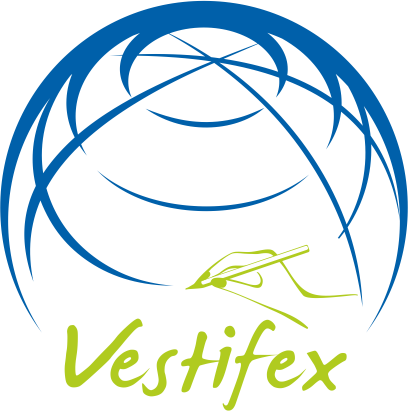Html code will be here
01.09.2021 – 31.08.2022
Enjoy learning while traveling
Erasmus+ KA1
The project offers 24 adult learners of the Learning to Learn Course an opportunity to set new challenges and gain study and work experience abroad in an international environment. The focus of the project is on the application of the participants' learning to learn skills in an international environment and their further development. We see this competence as a priority for increasing participants' employability and participation in lifelong learning, as it is closely linked to self-awareness, learning process awareness and self-esteem, and its acquisition already affects acquisition of other key and professional competences.
There are 2 main project aims:
- Organize learning mobility for the adult learning of the Learning to Learn Course to increase their employability - 3
learning mobility involving a total of 24 adult learners;
- Strengthen the organization's capacity to provide high-quality, flexible and learner-centered learning mobility to increase
adult learners' employability.
In frames of the project, we intend to carry out 3 learning mobilities involving 24 participants and 6 trainers. Each learning mobility lasts 6 days, of which 2 days include job shadowing according to participants' personal and professional needs and interests. Learning takes place both digitally and locally in the hosting countries.
The exact action plan for the mobility in the country of destination will be planned after the selection of participants according to the needs, experiences and interests of the participants and will include the following mandatory elements:
- Lifelong learning as a way of thinking
- Awareness of own learning
- Search of information and critical thinking
- Self-management
- Self-reflection
- Mindful practices to take care of one's own well-being and mental capacity
- Collaboration with group mates and other people for achieving one's learning goals
- Time planning
- Planning one's further development steps
- Self-assessment and feedback.
As a result of the project activities, the participants' awareness of the possibilities of continuing their education will increase and their readiness and ability to adapt to changes in working life and society will improve. Improved skills and motivation to participate in lifelong learning will increase the flexibility of adults in the labor market.
The readiness and capacity of the trainers to work with adult learners with low level of skills and developing their learning skills will increase. The capacity of the organization to provide high-quality, flexible and learner-centered learning mobility to foster adult employability will also increase
- Organize learning mobility for the adult learning of the Learning to Learn Course to increase their employability - 3
learning mobility involving a total of 24 adult learners;
- Strengthen the organization's capacity to provide high-quality, flexible and learner-centered learning mobility to increase
adult learners' employability.
In frames of the project, we intend to carry out 3 learning mobilities involving 24 participants and 6 trainers. Each learning mobility lasts 6 days, of which 2 days include job shadowing according to participants' personal and professional needs and interests. Learning takes place both digitally and locally in the hosting countries.
The exact action plan for the mobility in the country of destination will be planned after the selection of participants according to the needs, experiences and interests of the participants and will include the following mandatory elements:
- Lifelong learning as a way of thinking
- Awareness of own learning
- Search of information and critical thinking
- Self-management
- Self-reflection
- Mindful practices to take care of one's own well-being and mental capacity
- Collaboration with group mates and other people for achieving one's learning goals
- Time planning
- Planning one's further development steps
- Self-assessment and feedback.
As a result of the project activities, the participants' awareness of the possibilities of continuing their education will increase and their readiness and ability to adapt to changes in working life and society will improve. Improved skills and motivation to participate in lifelong learning will increase the flexibility of adults in the labor market.
The readiness and capacity of the trainers to work with adult learners with low level of skills and developing their learning skills will increase. The capacity of the organization to provide high-quality, flexible and learner-centered learning mobility to foster adult employability will also increase
Project supported

Keep in touch!
+372 512 0998
learning@vestifex.com
Tuleviku 7 Narva, Estonia
learning@vestifex.com
Tuleviku 7 Narva, Estonia


